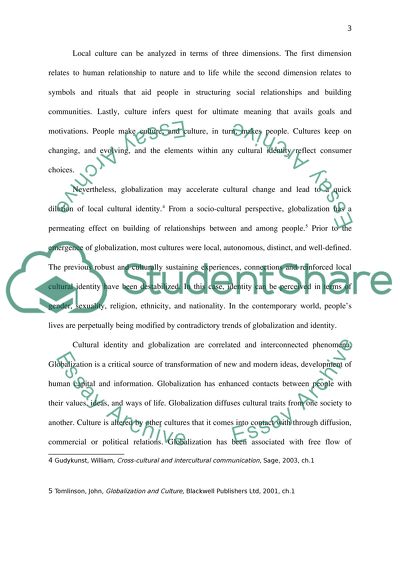Cite this document
(“Translating culture Essay Example | Topics and Well Written Essays - 3000 words”, n.d.)
Retrieved from https://studentshare.org/journalism-communication/1399061-translating-culture-seen-exam
Retrieved from https://studentshare.org/journalism-communication/1399061-translating-culture-seen-exam
(Translating Culture Essay Example | Topics and Well Written Essays - 3000 Words)
https://studentshare.org/journalism-communication/1399061-translating-culture-seen-exam.
https://studentshare.org/journalism-communication/1399061-translating-culture-seen-exam.
“Translating Culture Essay Example | Topics and Well Written Essays - 3000 Words”, n.d. https://studentshare.org/journalism-communication/1399061-translating-culture-seen-exam.


